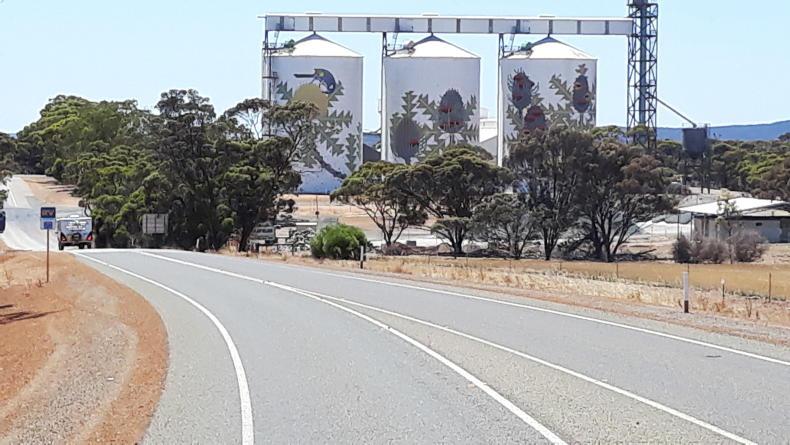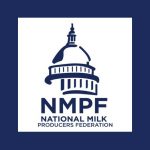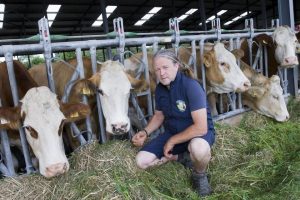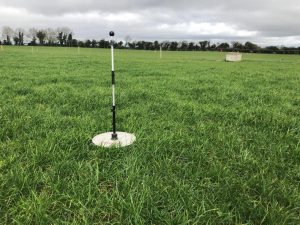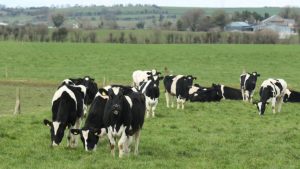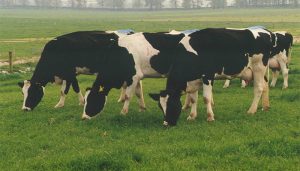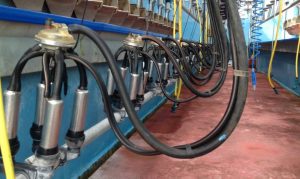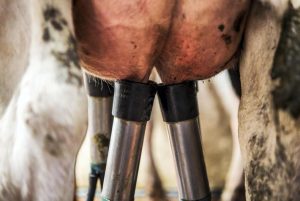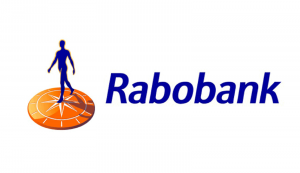
If we look across the water, it looks like there is a deal nearly done for one of Britain’s new global trading partners after Brexit.
However, we are still not clear on whose trade rules will come out on top in this first round of trade talks.
For UK beef farmers, it could potentially see a tenfold increase in Australian beef exports to the UK.
If it’s cheap meat you want for supermarkets, that probably fits the bill.
Dairy not as vulnerable
The dairy side is probably not as vulnerable given the decline in Australian milk volumes over recent years that we have covered in recent articles.
However, the demands by Australia and New Zealand for unrestricted market access to the UK could be the dangerous writing on the wall we referred to prior to Brexit.
The delays in transport and slightly higher costs could pale into insignificance if unrestricted access became the norm.
Imports and exports
For the UK, dairy imports from Australia have been pretty much non-existent for the last two years on both butter and cheddar. Exports are also very small.
Still, all that may change, as Australia produces almost 400,000t of cheese and exports nearly half of it.
Japan is Australia’s most important overseas market and accounts for 50% of cheese exports. This is likely to continue and grow.
However, dairy is likely to be indirectly affected because any tariff-free, quota-free settlement will set the tone for negotiations with New Zealand.
Ireland does the most of its dairy trade with the UK.
So while the Aussie rules might not impact significantly just yet, if they set the tone for Kiwi rules, it could see a lot more New Zealand dairy product on the UK market and that might be a lot more damaging to Irish trade with the UK.
